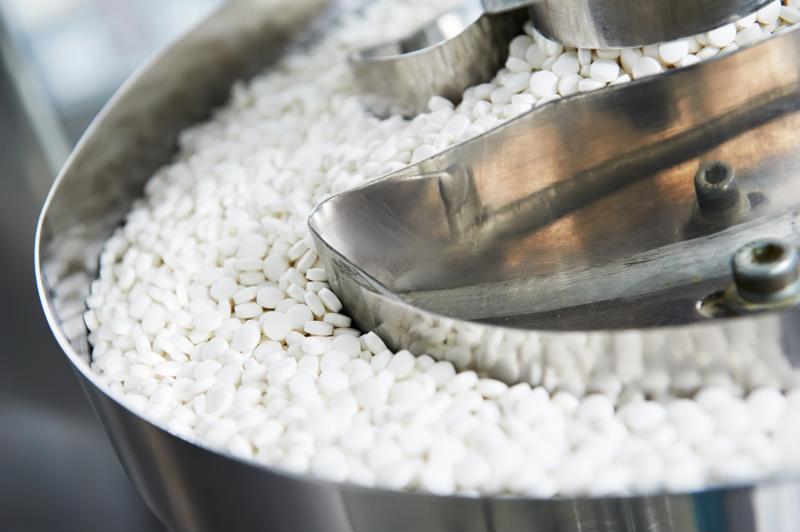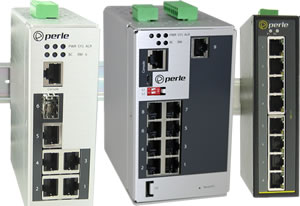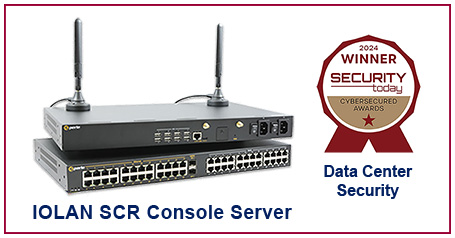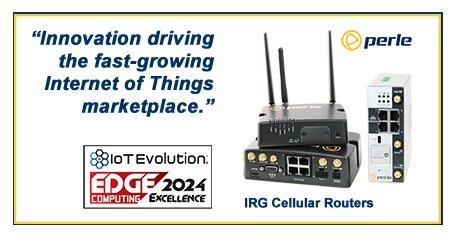
Pharmaceutical industry sees efficiency gains thanks to the IoT
By Max BurkhalterFebruary 13, 2020
Patients in health care settings all have their own needs that must be fulfilled. The field of pharmacology and companies that are involved in it fulfill these needs through the manufacture and distribution of countless different medications and treatments. The internet of things (IoT) has both simplified this process and allowed it to greatly expand in scope.
Pharmaceutical manufacturing and the IoT
The IoT has brought with it many new opportunities for the pharmaceutical industry to make use of. This new technology can improve both the efficiency and the capability of pharmaceutical manufacturing. The precision required in the manufacturing of drugs means that safety standards are tight and the margin for error very low. The IoT can assist in these endeavors, keeping batches up to standard and preventing losses, according to Samsung NEXT. In this regard, the IoT makes 24/7 real-time monitoring of production lines feasible. Through a network of interconnected devices and machines, information can be shared and collated in an instant - information that can be used to determine whether there are errors in manufacturing. If a batch is not up to standard, or if a particular section of the production line is overloaded, human operators will be able to know this thanks to the IoT, even if they aren't physically present.
Pharmaceutical manufacturing becomes even more powerful when AI and machine learning are entered into the equation. The IoT can use the information provided by different devices, like pressure gauges, heat exchangers, pumps and many more, to predict possible problems before they occur. This is known as "preventative maintenance," and is a hot new topic in all areas of the industrial internet of things (IIoT). General wear and tear can be analyzed and collated by the pharmaceutical facility's computer systems to create maintenance forecasts that can then be used by engineers to repair and improve the production line. In addition, AI powered by the IIoT can detect even the most minute changes in environmental status and adjust metrics - like the facility's humidity or light levels - to maintain the optimal environment for the manufacturing of certain drugs. The IoT has the potential to reduce the risk of bad batches or manufacturing slowdowns; this is a technology with the power to transform pharmacological manufacturing.

How the IoT helps pharmaceutical supply chain and distribution
The IoT isn't only limited to improving manufacturing, however. The pharmaceutical industry's distribution methods also serve to benefit from it. The danger to a drug's effectiveness does not stop when it leaves the production line. From the moment medication is boxed up, companies need insight into its condition to ensure that the product is being transported and handled in optimal conditions. The IoT makes real-time monitoring of drugs in transit feasible, and drug companies of all sizes are eager to make use of it.
Packages can be marked with RFID tags or physical trackers, and their state monitored for the entire length of the trip. Long-haul freight trucks can also be connected to the IoT - pharmaceutical logisticians can monitor everything from the speed of the vehicle to the package's precise location in the storage compartment, according to a Emergence of Pharmaceutical Industry Growth with Industrial IoT Approach, a research paper published in Academic Press. And these new IoT systems can even collate information from outside sources and combine it with the information it has on hand. For example, monitors within the truck itself can measure the humidity level in the trailer, while the outside humidity could be sourced from a local weather service. All of this serves to give logisticians as much insight into their products' route as possible, which is especially important given how precise and controlled all aspects of drug production need to be. Whether these corrective processes are controlled by humans or run by machine-learning algorithms, the IoT makes them possible.
Pharmaceutical companies can achieve levels of efficiency undreamt of thanks to the IoT. For firms looking to make the most of this technology however, a robust network architecture is required. Perle offers high-performance connectivity tools that can help enterprises prepare for the future of business technology. Our industrial-grade Ethernet converters and reliable console servers enable IT administrators to focus on what really matters - building a strong framework for IoT integration. Read some of our customer stories to find out how we've helped other companies take full advantage of connected technologies.



